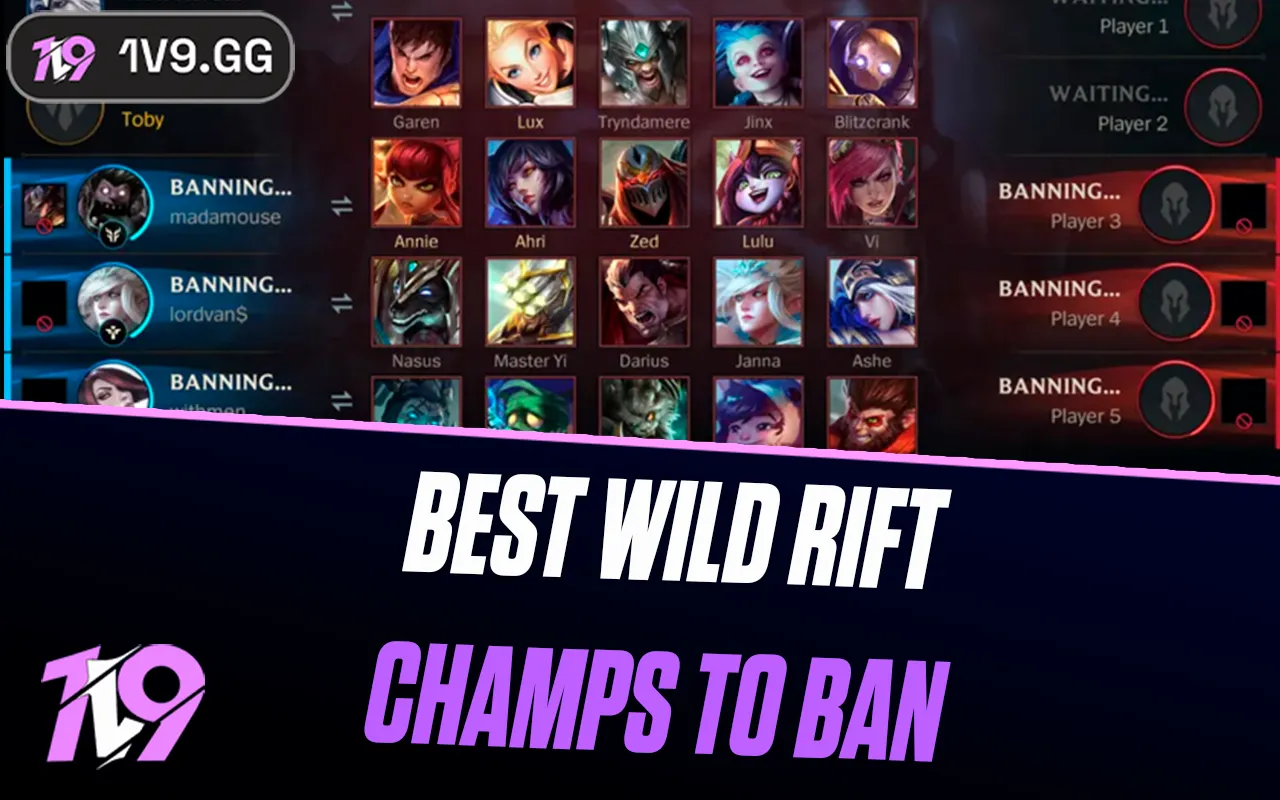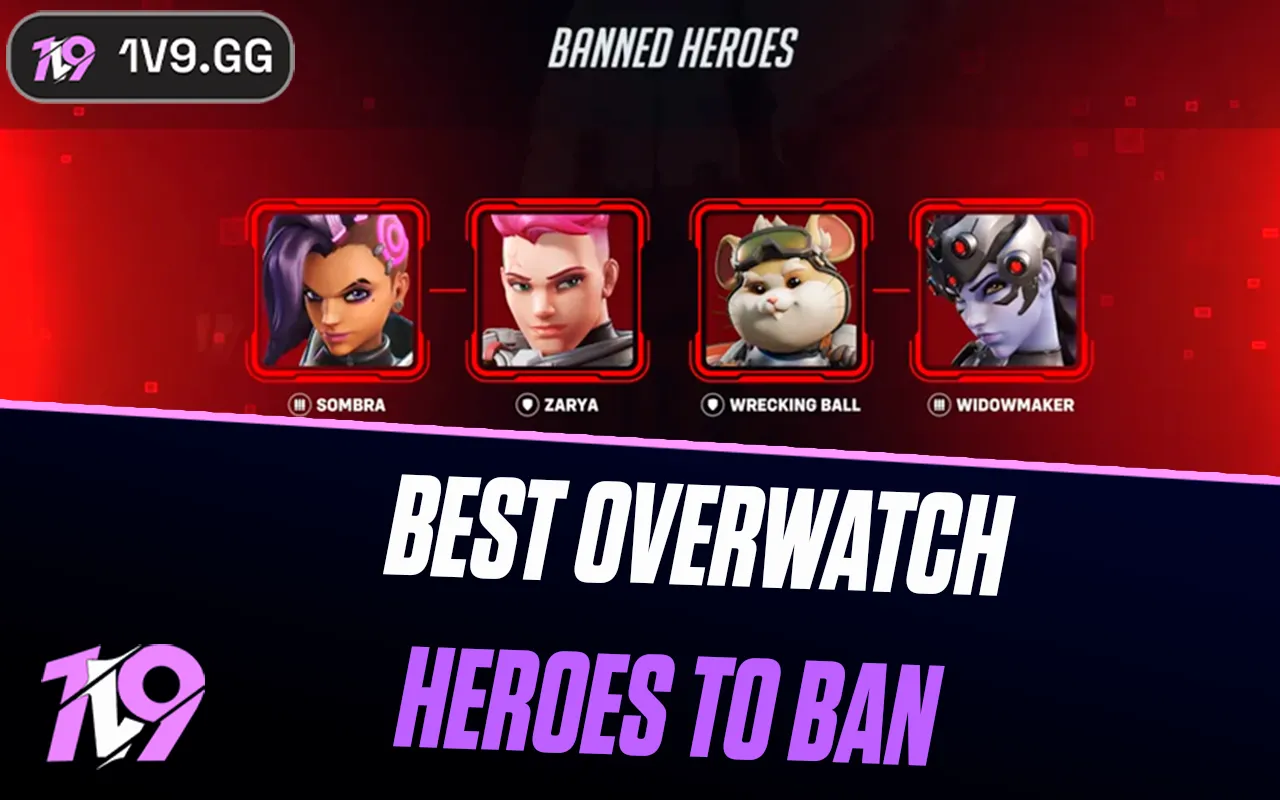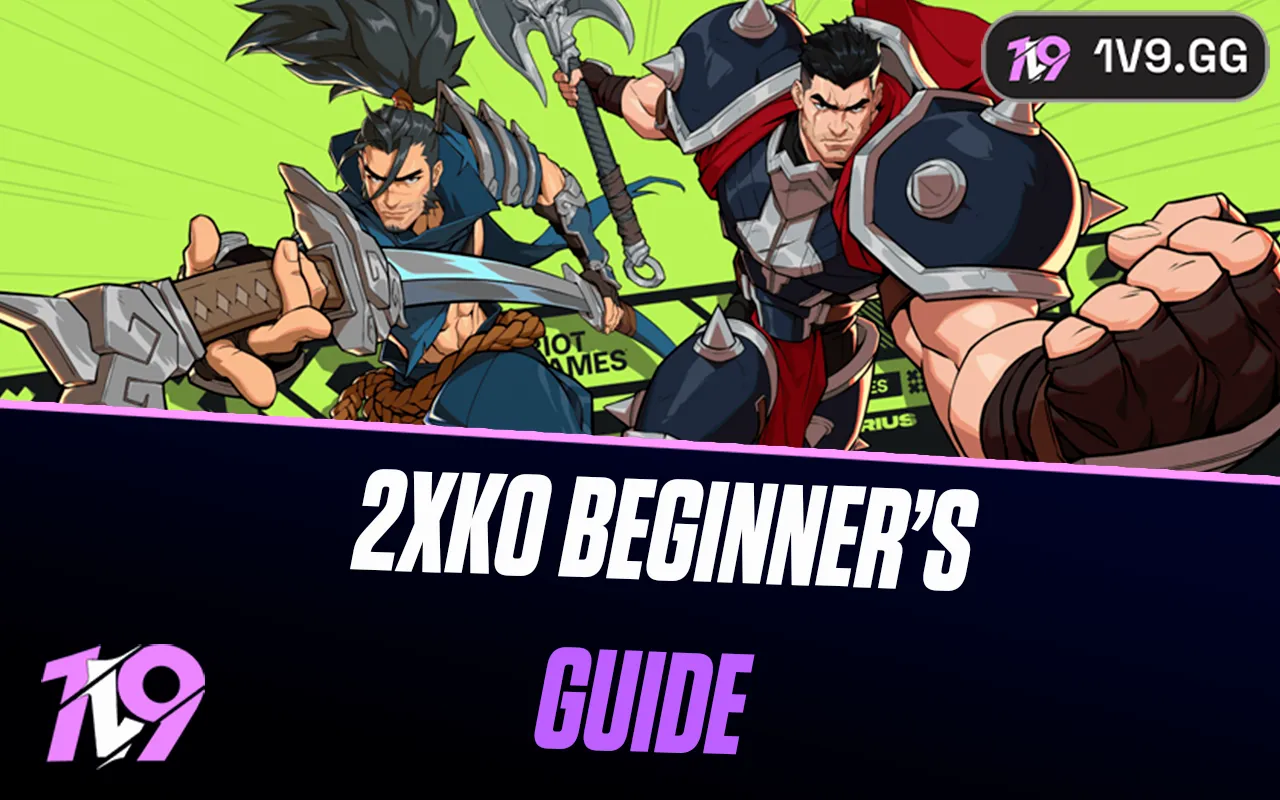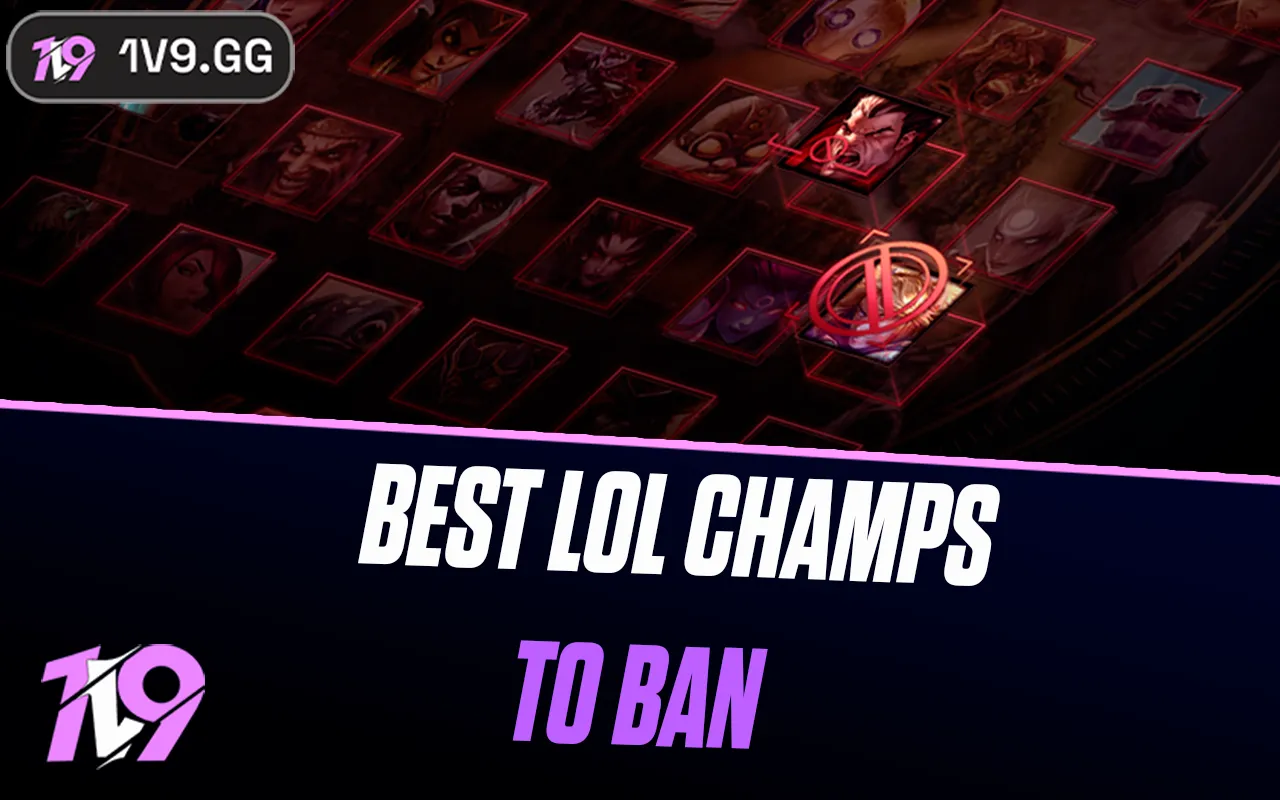
Overwatch 2: All Seasons Start and End Dates
Keeping track of Overwatch season schedules can significantly impact your gaming strategy. With Overwatch 2 currently in its 13th season as of October 15, 2024, understanding these timelines helps you plan your climb in competitive play and prepare for new content.
Season dates are more than just milestones; they define the rhythm of the Overwatch universe. For players seeking to rank up or stay ahead of the competition, knowing the exact start and end dates of each season is crucial. These dates dictate when new rewards, challenges, and meta shifts occur, keeping the game dynamic and exciting.
In this article, we’ll break down all the Overwatch season timelines to give you the ultimate roadmap for your gaming success. Let’s dive in!
Overwatch Season Timeline Explained

Overwatch seasons typically span anywhere from 8 weeks to nearly 3 months, providing ample time for both casual players and competitive enthusiasts to thrive. Understanding the start and end dates of each season is key to optimizing your gameplay and planning ahead for ranked matches or seasonal events.
These thoughtfully crafted timelines ensure a structured gaming experience. By aligning your availability with the competitive schedule, you can make the most of each season, stay ahead of the meta, and enjoy all the rewards Overwatch has to offer.
All Overwatch 2 season start and end dates
Overwatch 2’s seasons have varied durations, typically lasting between 8 weeks and 3 months. Here are the start and end dates for each season:
• Season 13: October 15, 2024 – December 9, 2024
• Season 12: August 20, 2024 – October 15, 2024
• Season 11: June 20, 2024 – August 20, 2024
• Season 10: April 16, 2024 – June 20, 2024
• Season 9: February 13, 2024 – April 16, 2024
• Season 8: December 5, 2023 – February 13, 2024
• Season 7: October 10, 2023 – December 5, 2023
• Season 6: August 10, 2023 – October 10, 2023
• Season 5: June 13, 2023 – August 10, 2023
• Season 4: April 11, 2023 – June 13, 2023
• Season 3: February 7, 2023 – April 11, 2023
• Season 2: December 6, 2022 – February 7, 2023
• Season 1: October 4, 2022 – December 6, 2022
Knowing these dates helps you better manage your playtime and set realistic goals. Whether you aim to climb the competitive ladder or simply enjoy the seasonal events, being aware of the timeline ensures you make the most of each season.
Understanding Overwatch 2 Season Durations
For Overwatch 2 players, knowing when seasons begin and end is essential for maximizing gameplay and rewards. Overwatch 2 features fast-paced seasons, typically lasting about two months. These short durations keep the experience fresh and engaging for both seasoned players and newcomers.
Keeping the Game Fresh with Regular Updates
Each season of Overwatch 2 introduces exciting changes, from new content to gameplay tweaks, ensuring no two seasons feel the same. These updates enhance strategies and gameplay dynamics, giving players a reason to stay engaged. Knowing the start dates helps players dive into new content immediately, making the most of the limited time.
Anticipating New Content: Heroes, Maps, and Modes
The end of an Overwatch 2 season signals the arrival of fresh content, including new heroes, maps, and game modes. These additions keep the gameplay exciting and challenge players to adapt to new strategies. With Season 13 ending on December 9, 2024, players should focus on achieving their goals and securing rewards. While the start date for Season 14 has yet to be announced, it’s expected to begin shortly after, leaving little downtime.
As always, keep in mind that these dates might shift due to updates or developer decisions. Staying informed ensures you never miss out on the action or opportunities to climb the ranks and enjoy the latest Overwatch 2 experiences.
All Legacy Overwatch Season Start and End Dates
For Overwatch enthusiasts, understanding the timeline of the original seasons is crucial for reminiscing or studying the evolution of the game. Legacy Overwatch featured competitive seasons that spanned a few months, offering players time to climb the ranks and earn exclusive rewards. Below, we highlight the starting and ending dates of all legacy Overwatch seasons:
• Season 35: July 8, 2022 – Oct. 2, 2022
• Season 34: May 5, 2022 – July 7, 2022
• Season 33: March 3, 2022 – May 5, 2022
• Season 32: Jan. 6, 2022 – March 3, 2022
• Season 31: Nov. 4, 2021 – Jan. 6, 2022
• Season 30: Sept. 2, 2021 – Nov. 4, 2021
• Season 29: July 2, 2021 – Sept. 2, 2021
• Season 28: May 6, 2021 – July 2, 2021
• Season 27: March 4, 2021 – May 6, 2021
• Season 26: Jan. 7, 2021 – March 4, 2021
• Season 25: Nov. 5, 2020 – Jan. 7, 2021
• Season 24: Sept. 3, 2020 – Nov. 5, 2020
• Season 23: July 2, 2020 – Sept. 3, 2020
• Season 22: May 7, 2020 – July 2, 2020
• Season 21: March 5, 2020 – May 7, 2020
• Season 20: Jan. 2, 2020 – March 5, 2020
• Season 19: Nov. 9, 2019 – Jan. 2, 2020
• Season 18: Sept. 3, 2019 – Nov. 7, 2019
• Season 17: June 30, 2019 – Aug. 13, 2019
• Season 16: May 1, 2019 – June 30, 2019
• Season 15: March 1, 2019 – May 1, 2019
• Season 14: Jan. 1, 2019 – March 1, 2019
• Season 13: Nov. 1, 2018 – Jan. 1, 2019
• Season 12: Aug. 31, 2018 – Oct. 28, 2018
• Season 11: July 2, 2018 – Aug. 28, 2018
• Season 10: May 1, 2018 – July 1, 2018
• Season 9: Feb. 28, 2018 – April 28, 2018
• Season 8: Jan. 2018 – Feb. 25, 2018
• Season 7: Nov. 1, 2017 – Dec. 29, 2017
• Season 6: Sept. 1, 2017 – Oct. 28, 2017
• Season 5: June 1, 2017 – Aug. 28, 2017
• Season 4: Feb. 28, 2017 – May 28, 2017
• Season 3: Dec. 1, 2016 – Feb. 21, 2017
• Season 2: Sept. 2, 2016 – Nov. 24, 2016
• Season 1: June 28, 2016 – Aug. 18, 2016
Legacy Overwatch seasons paved the way for the game’s evolution, offering a foundation of competitive excitement that fans fondly remember. Whether you’re exploring the history or seeking inspiration for future gameplay, these dates reflect Overwatch’s impact on the gaming community.
Comparing Overwatch and Overwatch 2 Season Timelines

When comparing the season schedules of Overwatch and Overwatch 2, it’s clear that while the structure remains largely consistent, the differences highlight the evolution of the game. Both titles maintain approximately two-month-long seasons, ensuring a steady flow of competitive excitement and updates for players.
Key Differences Between Overwatch and Overwatch 2 Seasons
• Average Duration: Both games stick to a similar two-month schedule, giving players ample time to climb ranks and earn rewards.
• Start and End Patterns:
• Overwatch: Seasons typically began in early June, mid-August, and late October, wrapping up in early August, mid-October, and late December.
• Overwatch 2: Season timelines shifted slightly, with launches in early January, mid-March, and late May, ending in early March, mid-May, and late July.
These slight adjustments in Overwatch 2 provide better alignment with modern gaming trends while retaining the essence of competitive play. The consistent rotation keeps players motivated, offering frequent opportunities for improvement and achievement.
Why Season Durations Matter
Understanding the season schedule allows players to optimize their gameplay, plan ranked climbs, and fully engage with new updates. These structured timelines ensure a balance of excitement and challenge, fostering a competitive yet rewarding experience for fans of both Overwatch titles.
What Happens When an Overwatch Season Ends
As an Overwatch season draws to a close, players often wonder what comes next. This transitional period is more than just a pause—it’s a time of preparation and anticipation for the new season. Let’s break down what you can expect and how to gear up for the next competitive journey.
Transition and Minimal Downtime
The end of a season typically involves a brief transition phase where the game undergoes updates and maintenance. This phase is crucial for ensuring the game runs smoothly in the next season and often brings improvements or fixes.
While there might be some downtime, it’s usually minimal and allows developers to integrate new features seamlessly. This process ensures that the transition between seasons feels smooth and polished for all players.
Preparing for the Upcoming Season
The days leading up to a new season are an exciting time for the community. It’s a perfect opportunity for players to review their previous season’s performance, set fresh goals, and gear up for the challenges ahead.
Game developers often use this phase to tease upcoming content like new heroes, maps, or gameplay updates. These sneak peeks build anticipation and allow players to strategize for the fresh mechanics and features coming their way.
Key Activities During the Transition
• System Updates: Enhancements to stability, bug fixes, and introducing new features ensure a smoother gaming experience.
• Rank Closure: The finalization of rankings provides players with benchmarks to beat in the upcoming season.
• Content Previews: Developers share teasers about new heroes, maps, or game modes, keeping the community engaged and eager for what’s next.
How to Make the Most of the Transition
Understanding this transitional phase can help you maximize your preparation for the next season. Use this downtime to reflect on your gameplay, refine strategies, and keep an eye on official updates for announcements. When the new season begins, you’ll be ready to hit the ground running and tackle new challenges with confidence.
FAQ
When do Overwatch seasons usually start and end?
Overwatch seasons typically run for about two months, with exact start and end dates determined by the game’s developers. For instance, Season 13 of Overwatch 2 began on October 15, 2024, and is set to conclude on December 9, 2024.
What is the typical length of an Overwatch season?
An Overwatch season generally spans around two months. However, the exact duration may vary slightly depending on updates or specific seasonal adjustments.
How can I check the start and end dates for Overwatch seasons?
Blizzard Entertainment shares season timelines through the game client, official forums, social media channels, and the Overwatch website. Additionally, you can view the time remaining for the current season directly in the competitive play menu.
Is there downtime between Overwatch seasons?
Typically, Overwatch transitions seamlessly from one season to the next with little to no downtime. As soon as one season ends, the next begins. During this transition, the game updates to introduce new content, reset ranks, and ensure a smooth start for the upcoming season.
What happens when a new Overwatch season begins?
With the start of a new Overwatch season, competitive rankings reset, giving players a fresh slate to climb the ladder. Each season often introduces exciting updates such as new heroes, maps, and gameplay features. These changes bring renewed energy to the game, ensuring an engaging experience for both new and returning players.
How does the Overwatch season timeline differ between the original game and Overwatch 2?
The season schedules for the original Overwatch and Overwatch 2 are quite similar, with both featuring seasons that typically span around two months. Each has consistent start and end dates, maintaining a structured competitive flow. However, Overwatch 2 brings more dynamic updates and content drops, enhancing the seasonal experience while retaining the familiar rhythm players know and enjoy.
How can I prepare for the upcoming Overwatch competitive season?
Get ready for the next competitive season by refining your skills across a variety of heroes and learning updated strategies. Stay informed about balance changes, new content, and meta shifts to adapt effectively. Ensure your game setup is optimized by keeping your gear and software up to date. For an extra edge, consider enlisting the help of professional coaches to guide your improvement and elevate your gameplay.
Can I play Overwatch between competitive seasons?
Absolutely! Even when competitive mode is briefly unavailable during the transition between seasons, you can still enjoy Overwatch through Quick Play, Arcade, and custom games. These modes offer a fun and stress-free way to keep practicing and experimenting with different heroes.
Conclusion
Understanding the start and end dates of Overwatch seasons is key to optimizing your gameplay and competitive success. Whether you’re chasing ranks, planning your strategies, or looking forward to new content, knowing the season timeline helps you stay ahead. With each season offering fresh challenges and updates, Overwatch remains dynamic and engaging for players at every level. Stay informed, prepare well, and make the most of every season to enhance your Overwatch experience!
Posted On: November 16th, 2024
Recent Articles
💬 Need help?
Our 1v9 support team is available 24/7 to help you with any questions or issues you may have.
support@1v9.gg
Loading...
1v9.gg is not endorsed or affiliated by any game developers or publishers.
2025 1v9, All Rights Reserved, Created By NightDev







